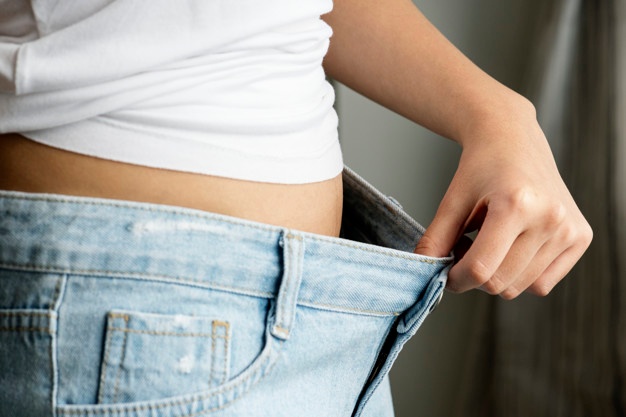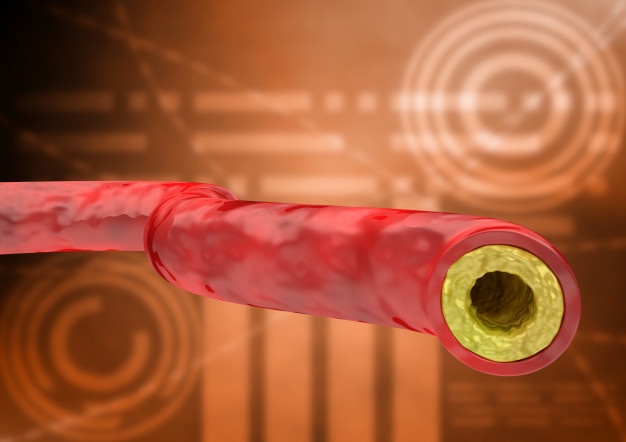Debates about the benefits and drawbacks of being a vegetarian seem to go on forever. We do not want to argue or take sides, so we discard the moral aspects and discuss the renunciation of meat from a scientific point of view.
Now, we present to you 10 changes that will occur in your body if you eliminate meat from your diet.
What happens when we don’t eat meat
1. You will lose weight

People who give up meat can lose about 10 pounds. In addition, they do not need to count calories and speed up the exercise program. Your vegetable diet will handle everything perfectly.
2. It will increase the number of protective bacteria in your gut
The intestinal flora of people who eat meat differs from that of vegetarians. the the data shows that people who only eat vegetables have more protective bacteria.
But it takes time for the intestinal flora to reorganize and improve. First, you may experience excessive bloating and flatulence, because your intestine and pancreas are also adapting to a plant-based diet and experiencing enzyme deficiency.
3. Your skin will be healthier

Many vegetarians find that their skin improves: pimples, blackheads and acne disappear. scientists say that if you replace meat with fruits and vegetables, all the toxins will be eliminated. Such a detox affects your skin in a good way.
4. You will be more energetic
One of the most important characteristics that people notice after they stop eating meat is that they feel less tired during the day. “I used to be completely exhausted at night, even if I was in the office all day. Now, I need a good exercise to feel tired”, say the vegetarians.
It is not surprising, because this diet helps you not only to lose weight and release toxins but also to feel a certain lightness.
5. The risk of cardiovascular disease will be reduced
The link between red meat and cardiovascular disease was discovered long ago. american scientists have discovered that the carnitine in red meat triggers chemical reactions that negatively affect the heart.
It is also interesting that vegetarians have a lower risk of hypertension, diabetes, and colorectal and stomach cancer.
6. Your cholesterol level will drop by a third

When you don’t eat meat, your blood lower cholesterol level. Said effect can be compared with the effect of cholesterol treatment. But there are no side effects in this case: you just become healthier. People with atherosclerosis are strongly recommended to try a plant-based diet.
7. Your “good” genes will work better
Scientists have discovered that environmental conditions affect the work of our genes. There are “good” and “bad” genes. If your lifestyle is unhealthy, your “bad” genes start to work faster, causing the development of chronic diseases and obesity.
If you lead a healthy lifestyle, your genetic makeup changes. It’s a switch from eating meat to a plant-based diet that changes the “good” genes. It also helps normalize the work of our body.
8. Nutritional deficiencies can occur
If you stop eating meat, deficiencies of iodine, iron, vitamin D and vitamin B12 can develop. But scientists say that if your diet contains enough vegetables (beans, lentils), nuts, fruits, dark green vegetables, whole grains, and grains, the balance will be restored. Additionally, vitamins and supplements can also be used to treat nutritional deficiencies.
9. You may lose your sense of taste

Zinc is an essential element responsible for taste sensations. There is a lot of zinc in oysters and red meat, but vegetarians need to find another useful source of this element.
Navy beans, nuts, whole grain products and dairy products contain the necessary amount of zinc. On average, vegetarians need up 50% more zinc with food per day.
10. Muscles may need more time to recover

Proteins are essential to strengthen and restore the muscular corset after a workout. Plant and animal proteins handle this task well. But keep in mind that vegetable protein needs more time to start working.
Nutritionists recommend that vegetarian and vegan athletes consume protein right after training, as it is more easily and quickly absorbed.
